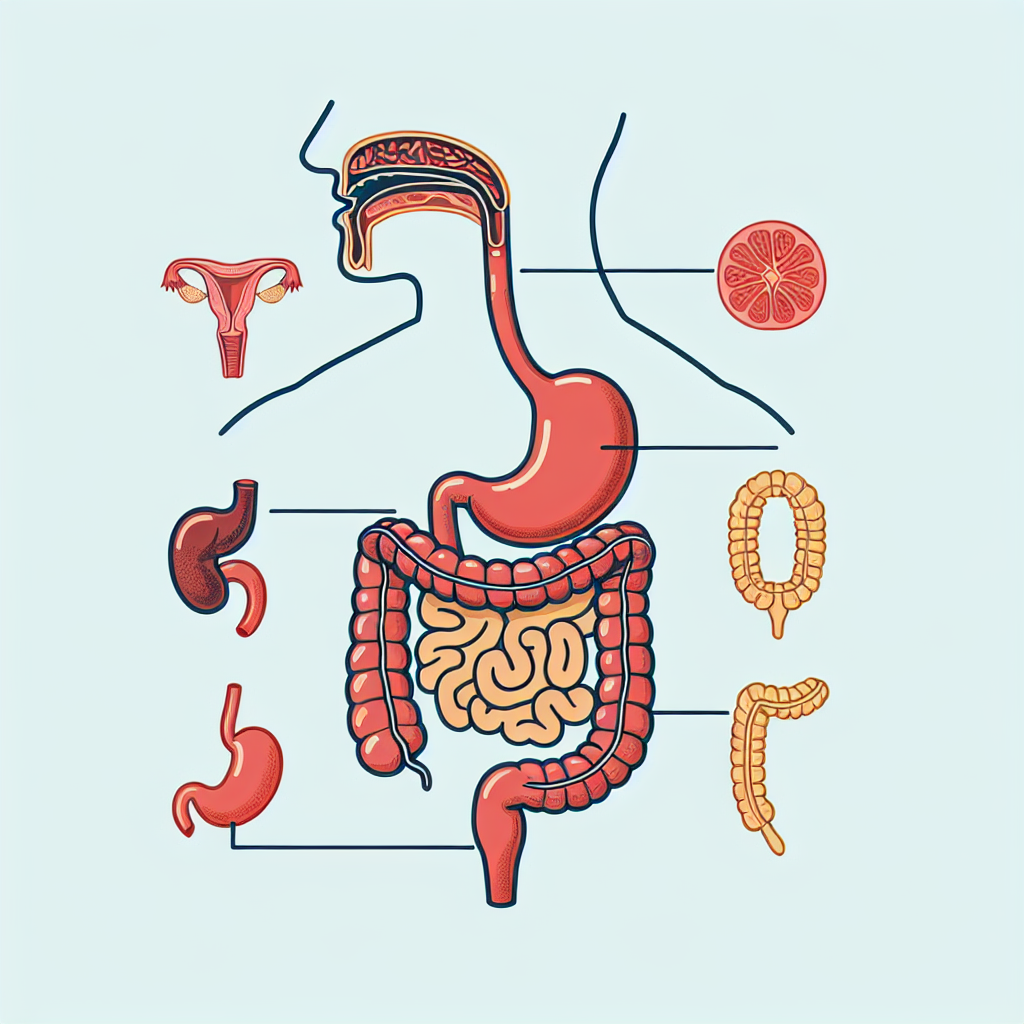Digestive health is a critical aspect of overall well-being, affecting millions of people globally. When lifestyle changes, medications, and non-invasive treatments don’t provide relief, surgery may become a necessary consideration. This comprehensive guide explores various surgical options for addressing digestive health issues, aiming to inform and guide those seeking solutions for their gastrointestinal problems.
Understanding Digestive Health
The digestive system is a complex network that processes the food we eat, extracting nutrients and expelling waste. A healthy digestive system is essential for the body’s overall functioning and immunity. When digestive health is compromised, it can lead to a range of issues, from discomfort to serious chronic diseases. For further understanding of the importance of digestive health, consider reading about the relationship between digestive health and immunity.
When Is Surgery Considered?
Surgery is typically considered when other treatments have failed, when there is a significant risk of complications, or when the quality of life is severely impacted. Conditions that might require surgical intervention include chronic inflammatory diseases, such as Crohn’s disease, severe cases of ulcerative colitis, gastrointestinal cancers, and complex hernias, among others.
Types of Digestive Surgeries
Laparoscopic Surgery
Laparoscopic surgery, also known as minimally invasive surgery, involves small incisions and the use of a camera and specialized instruments. This type of surgery is often preferred due to its benefits of reduced post-operative pain, shorter hospital stays, and quicker recovery times.
Gastrointestinal Resections
For diseases like cancer or severe inflammatory bowel disease, removing a diseased portion of the gastrointestinal tract can be lifesaving. Resections can be performed on the small intestine, colon, rectum, and stomach, depending on where the problem lies.
Bariatric Surgery
Bariatric surgery is a collection of procedures aimed at weight loss, which can also resolve or improve many obesity-related digestive health issues. Procedures like gastric bypass or sleeve gastrectomy can have profound effects on conditions such as gastroesophageal reflux disease (GERD) and type 2 diabetes.
Anti-reflux Surgery
GERD can sometimes be severe enough to warrant surgical intervention. Anti-reflux surgery, such as Nissen fundoplication, reinforces the valve between the esophagus and stomach, preventing acid reflux.
Ostomy
An ostomy may be required when a part of the bowel is removed or needs to be bypassed. This procedure involves creating an opening in the body for the discharge of body wastes into a prosthetic ‘stoma’ bag.
Preparing for Digestive Surgery
Pre-surgical preparation often involves dietary changes, cessation of certain medications, and possibly preoperative ‘bowel prep’ to clear the intestines. It’s essential to discuss all these steps with your healthcare provider to ensure optimal outcomes.
Post-Surgical Care
Recovery from digestive surgery can vary widely depending on the procedure and the individual’s condition. It will likely involve pain management, dietary restrictions, and gradual reintroduction of physical activity. For those undergoing major surgery, a period of rehabilitation may be required.
Risks and Considerations
Like all surgeries, digestive surgeries carry risks such as infections, bleeding, and complications from anesthesia. Long-term considerations may include dietary changes and the management of any changes in bowel habits. Thorough discussions with a healthcare provider are crucial to understand the risks and benefits of the procedure.
Alternatives to Surgery
Before opting for surgery, it’s important to explore all alternatives. These may include dietary management, such as elimination diets or leveraging nutrition therapy, medications, and lifestyle changes like exercise and stress reduction techniques.
External Resources
For those considering surgery, delving into high-quality external resources can provide additional insights:
- American Society for Gastrointestinal Endoscopy offers detailed patient guides on various digestive procedures.
- Society of American Gastrointestinal and Endoscopic Surgeons provides comprehensive information on minimally invasive surgery benefits and techniques.
- International Foundation for Gastrointestinal Disorders shares valuable resources for understanding and managing different gastrointestinal conditions.
Conclusion
Digestive surgeries are complex and should be considered with careful deliberation. They can offer relief and solutions where other treatments may not suffice. As with all health decisions, an informed approach is best. Discuss all options with your healthcare provider, and consider second opinions where necessary.
Remember to explore comprehensive resources like Avix Health for in-depth articles on related health topics, ranging from bone health to cardiovascular and skin health. Your journey to better digestive health can benefit from a holistic view of your overall well-being.



